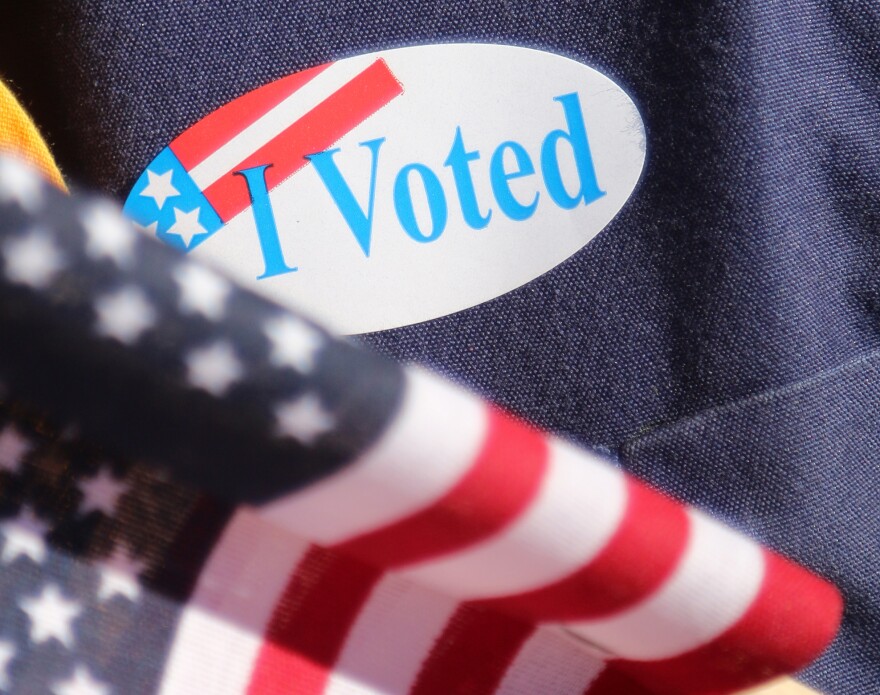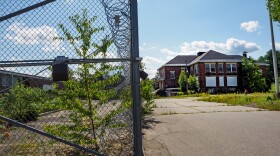On Tuesday, Granite Staters went to the polls for New Hampshire’s primary. NHPR's Peter Biello spoke with Dante Scala, professor of political science at the University of New Hampshire, about what to notice about the results, from voter turnout to geographic indicators for the upcoming state elections.
This transcript has been edited lightly for clarity.
New Hampshire Secretary of State Bill Gardner predicted 180,000 ballots split evenly between Republicans and Democrats. To the best of your knowledge, is that how it worked out?
No. It turned out that Secretary of State Gardner actually had a conservative estimate at least on the Democratic side. Democratic turnout far exceeded the 90,000 that he predicted and that to me was one of the big stories, especially looking forward to the general election. The enthusiasm among Democrats that we've heard about during the year really made itself present in New Hampshire yesterday.
Could that be a sign of a blue wave that could spell trouble for, for example, incumbant Governor Chris Sununu?
Yes. Democrats, especially Democratic women I suspect, are fired up about this upcoming election. And even for a popular governor like Chris Sununu it's tough to instill enthusiasm when it's not already there. And I think it's clear to the New Hampshire Republicans they've got a lot of work to do in that respect among their base. And they only have eight weeks and they're not in full control of the story and the narrative because it's a national narrative as well as a state narrative.
So what else do you think is noteworthy about voter turnout in yesterday's primary?
Clearly, there was a higher than normal turnout in college towns. So for all the talk that we have heard about state legislation, such as SB3 and so forth, turnout in Durham, where the University of New Hampshire resides, looked to me double what it was just two years ago.
Looking at college towns on the other side of the state in Hanover where Dartmouth College is or the town of Plymouth you also saw higher turnout, though the increase wasn't as high as in Durham. I would attribute that to the fact that you had that 1st Congressional District Democratic primary where so much money was spent. I think that helped to increase turnout, whereas in the 2nd District there wasn't that race with quite as much resources being poured into it.
There are certainly areas that lean more Republican and others that lean more Democratic in the state. Even though this was a primary where the parties weren't competing with each other, does the turnout give you any sense of where the momentum is as we move into the fall?
If you think about the 1st Congressional District Primary, it was billed as a race between a local favorite candidate and a candidate who had just moved to the state, Maura Sullivan, but who had a profile that seems to fit the national mood: well-educated, female, veteran. Manchester to me really stood out in terms of turnout and that of course is Chris Pappas’ hometown. He and his family own a very popular restaurant in the city. But I was dumbstruck frankly by not only his dominance of the city - I mean I thought he would get 50 percent of the vote [and] he wound up with two-thirds of the vote in an 11 person race - but also just the number of voters who showed up. They really had Manchester wired and ready to turn out for the local son.
That to me was quite striking in terms of the ability of local factors, not just national ones but local ones, and kind of a human capital or the goodwill capital that Pappas and his family have built up over the years, not just in Manchester but in the Democratic Party. All of that came to fruition last night in the turnout numbers in Manchester.








